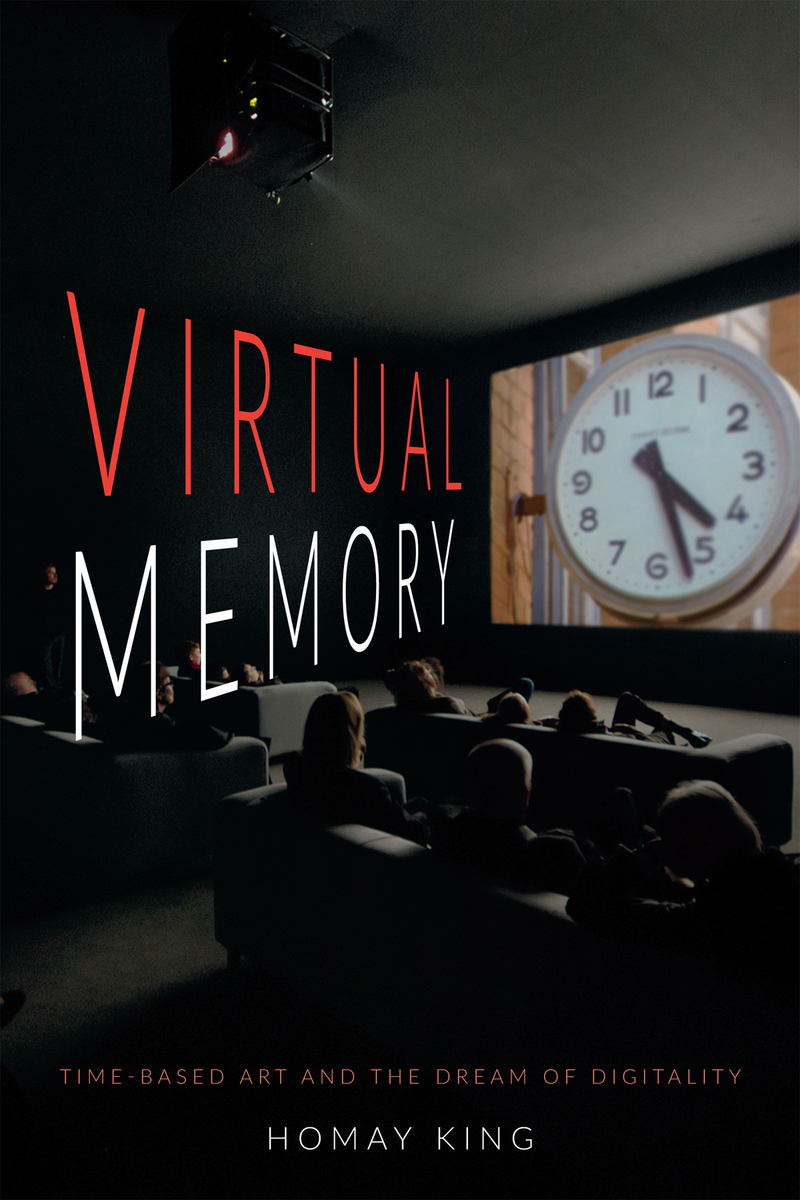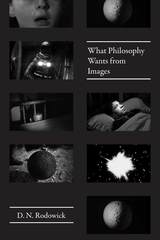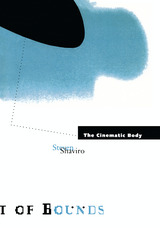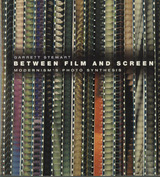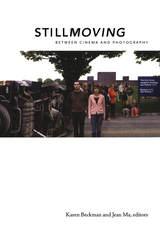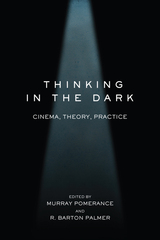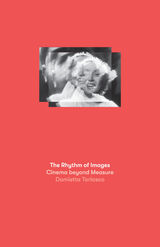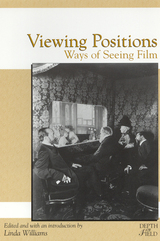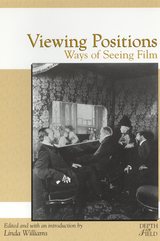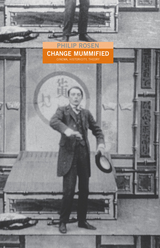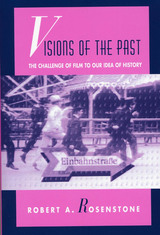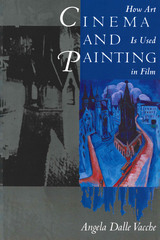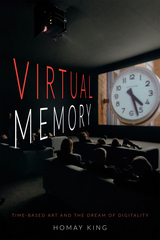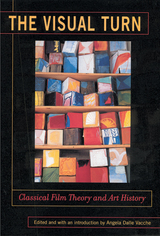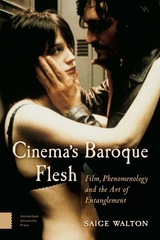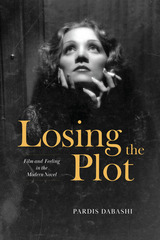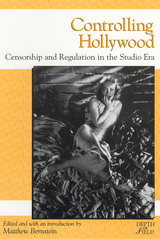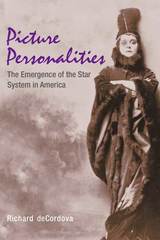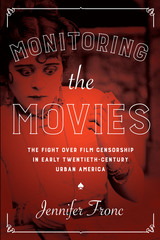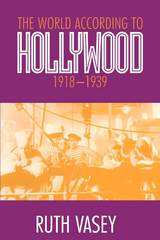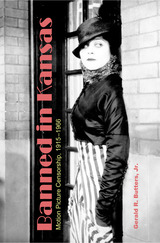Virtual Memory: Time-Based Art and the Dream of Digitality
Duke University Press, 2015
Cloth: 978-0-8223-5959-3 | eISBN: 978-0-8223-7515-9 | Paper: 978-0-8223-6002-5
Library of Congress Classification PN1995.25.K54 2015
See other books on: Art and motion pictures | Computer art | Digital | Digitality | Dream
See other titles from Duke University Press
Cloth: 978-0-8223-5959-3 | eISBN: 978-0-8223-7515-9 | Paper: 978-0-8223-6002-5
Library of Congress Classification PN1995.25.K54 2015
ABOUT THIS BOOK | AUTHOR BIOGRAPHY | REVIEWS | TOC | REQUEST ACCESSIBLE FILE
ABOUT THIS BOOK
In Virtual Memory, Homay King traces the concept of the virtual through the philosophical works of Henri Bergson, Gilles Deleuze, and Giorgio Agamben to offer a new framework for thinking about film, video, and time-based contemporary art. Detaching the virtual from its contemporary associations with digitality, technology, simulation, and speed, King shows that using its original meaning—which denotes a potential on the cusp of becoming—provides the means to reveal the "analog" elements in contemporary digital art. Through a queer reading of the life and work of mathematician Alan Turing, and analyses of artists who use digital technologies such as Christian Marclay, Agnès Varda, and Victor Burgin, King destabilizes the analog/digital binary. By treating the virtual as the expression of powers of potential and change and of historical contingency, King explains how these artists transcend distinctions between disembodiment and materiality, abstraction and tangibility, and the unworldly and the earth-bound. In so doing, she shows how their art speaks to durational and limit-bound experience more than contemporary understandings of the virtual and digital would suggest.
See other books on: Art and motion pictures | Computer art | Digital | Digitality | Dream
See other titles from Duke University Press
